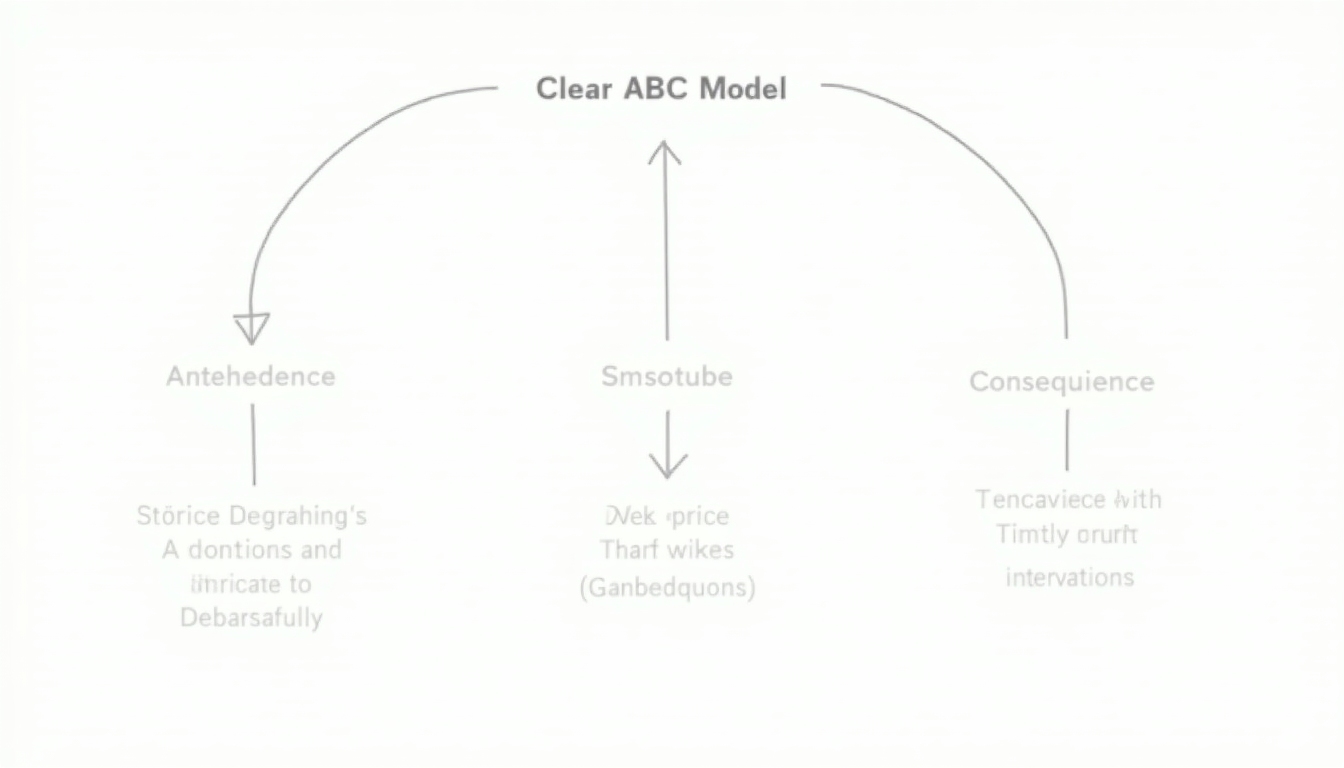Behavioral therapy offers practical ways to change unwanted behaviors and improve mental health. This article, Behavioral Therapy 101: What You Need to Know, explores its basics, focusing on Acceptance and Commitment Therapy (ACT) and family therapy. Expect clear explanations, personal stories, and tips you can use.

What Is Behavioral Therapy?
Behavioral therapy is all about changing how we act by understanding how we learn. It started over 100 years ago with researchers like Ivan Pavlov, who showed dogs could learn to salivate at the sound of a bell. Later, B.F. Skinner proved rewards and consequences shape behavior. Today, behavioral therapy helps people tackle anxiety, depression, and more by adjusting their actions and thoughts.
Why It Matters
This therapy works because it’s backed by science. It’s not about endless talking—it’s about doing things differently. Whether it’s a kid struggling with tantrums or an adult facing stress, behavioral therapy offers tools to make life better.

Diving Into Acceptance and Commitment Therapy (ACT)
Acceptance and Commitment Therapy, or ACT, is a newer twist on behavioral therapy. Started by Steven C. Hayes in the 1980s, it’s focuses on accepting tough feelings instead of fighting them. It’s about living a life that matters to you, even when things get hard.
How ACT Works
ACT has six main ideas:
- Acceptance: Let feelings come and go without a fight.
- Cognitive Defusion: See thoughts as just thoughts, not facts.
- Being Present: Pay attention to now, not yesterday or tomorrow.
- Self as Context: You’re more than your struggles.
- Values: Know what’s important to you.
- Committed Action: Do things that match your values.

Benefits of Acceptance and Commitment Therapy
ACT can really help. Studies show it eases anxiety and depression. It’s great for finding peace with tough emotions and living a fuller life. The Association for Contextual Behavioral Science has tons of research proving it works. I’ve seen it myself—clients who stop battling their thoughts often feel freer.
Once, I worked with someone who couldn’t shake her worry. We used ACT to help her accept it instead of pushing it away. She started gardening again, something she loved, even on anxious days. That’s the power of ACT.

Family Therapy: Healing Together
Family therapy brings everyone into the room to fix what’s broken. It’s part of behavioral therapy and looks at how family members affect each other. It’s perfect for stuff like teen rebellion, addiction, or constant arguing.
Types of Family Therapy
- Systemic: Sees the family as one big unit.
- Structural: Fixes how the family is organized.
- Strategic: Plans specific ways to solve problems.
The American Psychological Association says family therapy can cut relapse rates for addiction. I’ve watched it happen. One family I helped had a son who kept getting in trouble. We figured out the parents’ arguing made it worse. Once they talked better, he calmed down.

My Take on Behavioral Therapy
I’ve spent years with behavioral therapy, and it’s amazing. ACT taught me to roll with my own stress instead of stressing about being stressed. One client I had was terrified of failing. We used ACT to focus on her love for art, not her fear. She’s painting again now.
Family therapy hits home too. I worked with a dad who yelled a lot. His kids were scared of him. We practiced listening instead of shouting. Months later, they’re laughing together more. It’s not magic—it’s effort and the right tools.

Tips You Can Use
- Try ACT: Next time you’re upset, don’t fight it. Notice it, then do something you care about.
- Talk as a Family: Set aside 10 minutes to really listen to each other—no phones.
- Start Small: Change one tiny habit and see what happens.
Wrapping Up
Behavioral Therapy 101: What You Need to Know covers a lot, but it’s simple at heart. Acceptance and Commitment Therapy helps you live with tough stuff and chase what matters. Family therapy fixes the group, not just one person. Both can change lives—I’ve seen it. Want to dig deeper? Check out these books: - The Happiness Trap by Russ Harris (ACT made easy). - Family Therapy: Concepts and Methods by Michael P. Nichols (great for family stuff). - The National Institute of Mental Health for solid basics.
Discuss Here